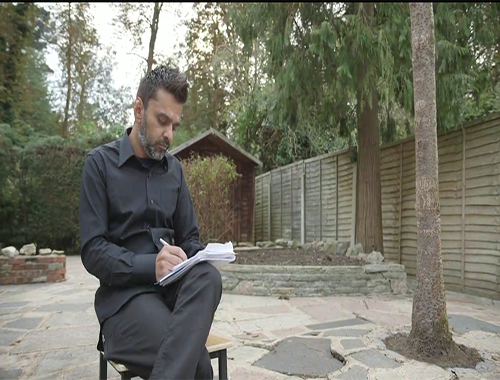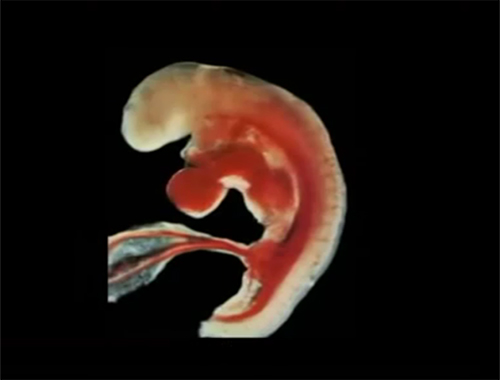Intrinsic Unity
- Details
- Hits: 1964
Intrinsic Unity
The prominent thinkers of the Muslim world hold that none being like Allah means His intrinsic Unity as propounded by the philosophers and the mystics.
The simplest way in which it can be described is this: When we say that Allah is without a like, it means that on principle there can be no partner of Him. It cannot even be supposed that there can be more than one God. Oneness is His absolutely essential and indispensable attribute.
Hence to be able to grasp the idea of His Unity, it is enough to have in mind the correct conception of Him. If we are conversant with the true meaning of this word, we shall automatically come to the conclusion that Allah is One. He cannot be more than one because plurality is inconsistent with His Existence.
Suppose there is a line which extends infinitely on both the sides. Suppose there is another line at a distance of a metre which runs parallel to the first and also extends infinitely in both the directions. There is no problem in supposing the existence of two such lines. That is why it is said that two parallel lines are those which are equidistant from each other throughout their length and never meet even if extended infinitely.
Irrespective of the controversy whether this definition of the parallel lines is correct or incorrect and absolute or relative, it is clear that it is possible to suppose the existence of two such lines.
Now let us suppose that there is a body which grows infinitely bigger and bigger in all its dimensions, its length, breadth and height. Now can we suppose the existence of another body beside the first, which also grows infinitely? No, we cannot, because the first body will fill all the space and no room will be left for the second one, whether finite or infinite, unless the second body penetrates into the first one. But is it possible for a body to penetrate into another body itself and not in the space between its molecules? Of course, not. Hence, it is not possible to suppose the simultaneous existence of two bodies infinite in all directions and in all their dimensions.
So far we have talked of infinite bodies. The supposition of the existence of one such body automatically negates the existence of another. But it does not negate the existence of something non‑corporeal. For example, it does not negate the existence of an infinite soul which should have penetrated into an infinite body.
Now let us consider a being infinite in every respect of existence. Is it possible to suppose the existence of two or more such beings? No, it is not, because if it is presumed that two such beings exist, the existence of each of them will be limited at least by that of another. As such neither of them will be infinite.
Hence Allah has no like or equal. On principle there cannot be two or more gods.
So far we have been able to know that there is a Creator, who is the Source of Existence and who is without a like. But is this the final limit of human knowledge about Him? Can we not go a step further and have some more knowledge of this Source of Existence?
Some scholars tend to believe that man can have only one `cognizance', that is he can know that there is a source of existence, but further cognizance or knowledge is not within his reach.
These scholars hold that any name or attribute which may be used to express the Source of Existence with a view to add to the knowledge about Him, is likely to be totally unconnected with Him and will add only to one's ignorance and misunderstanding.
According to this view the highest stage of knowledge which man can attain about the Creator is only that He exists and that He is above all that man can conceive or imagine. The cognizance of the Source of Existence proceeds only in one direction, viz. considering the source to be above all that human mind can conceive.











